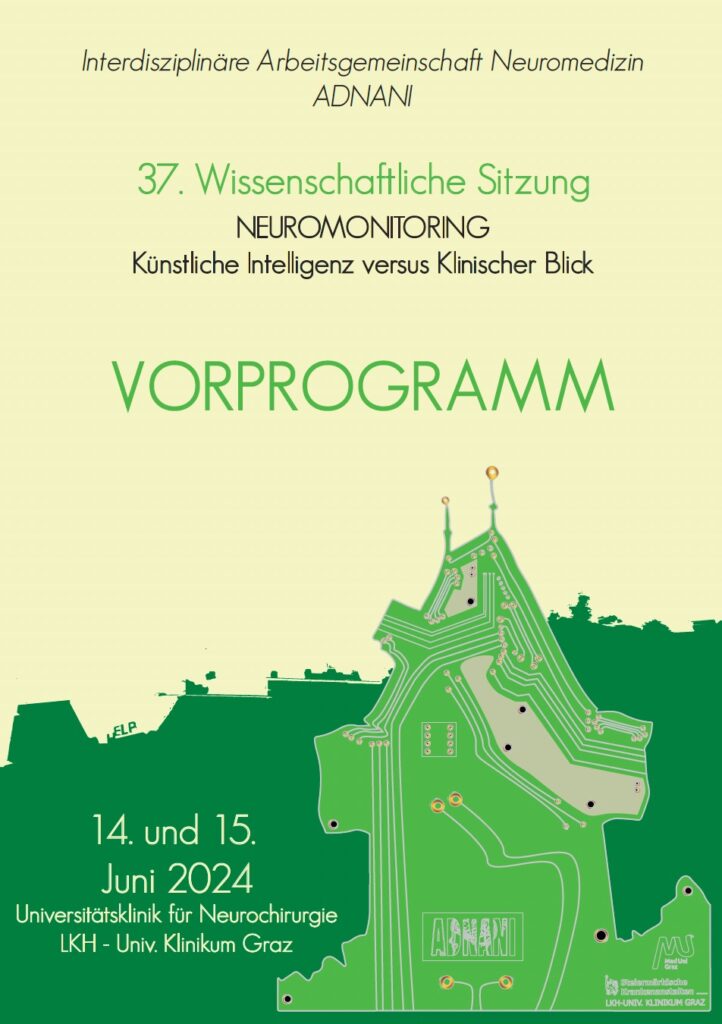Das 4. Webinar der ADNANI gab eine Übersicht über die verschiedenen Pathologien, bei welchen eine dekompressive Hemikraniektomie in Frage kommt. Priv.-Doz. Dr. Franz Marhold, Abteilung für Neurochirugie, Universitätsklinikum St. Pölten beleuchtete die dazugehörigen Prognosen. In Folge der weitreichend bekannten randomisierten Studien DECRA und RescueICP wurden aktuelle Studien zur Dekompression beim Schädel-Hirn-Trauma präsentiert.
Hier können Sie sich das Webinar noch mal anschauen:
https://youtu.be/q5T1aaKdxCU

